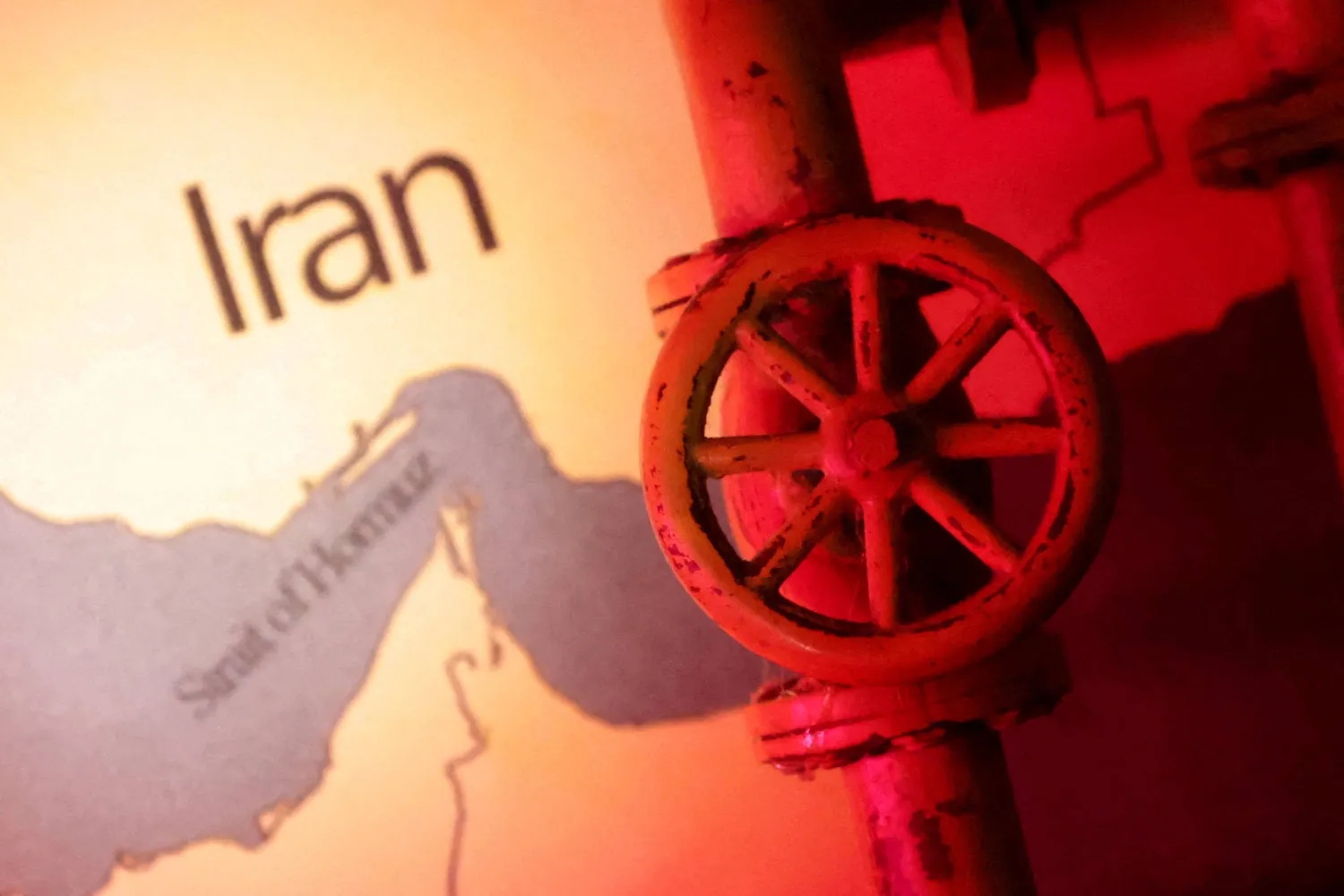The Organization of the Petroleum Exporting Countries (OPEC) will launch the 17th edition of its World Oil Outlook (WOO) on Monday in Riyadh at King Abdullah Petroleum Studies and Research Center (KAPSARC).
Prince Abdul Aziz Bin Salman, Saudi Arabia’s Minister of Energy, will participate as a special guest of honor.
OPEC Secretary General Haitham Al Ghais will deliver the opening remarks, followed by a video outlining the publication’s key messages.
“The World Oil Outlook demonstrates OPEC’s long-standing commitment to market stability through knowledge sharing and data transparency. The quality of the publication serves as a testament to the excellence of those involved in its production, including Member Countries’ officials and experts, and OPEC Secretariat specialists. We are confident that this year’s edition continues to contribute to a better understanding of the global oil and energy markets and industry developments,” Al Ghais said.
“It is appropriate that this edition is launched in Riyadh in view of the leadership role Saudi Arabia has played to help bring stability and balance to global oil markets”, the Secretary-General added.
First published in 2007, the WOO is one of the Organization’s flagship publications. It provides an in-depth review and analysis of the global oil and energy industries and offers assessments of various scenarios in the medium- and long-term development of the oil sector.
The WOO also presents insights into related key issues, including supply and demand, investment, the potential impact of policies and sustainable development, and a detailed analysis of the challenges and opportunities facing the global oil and energy industries.









